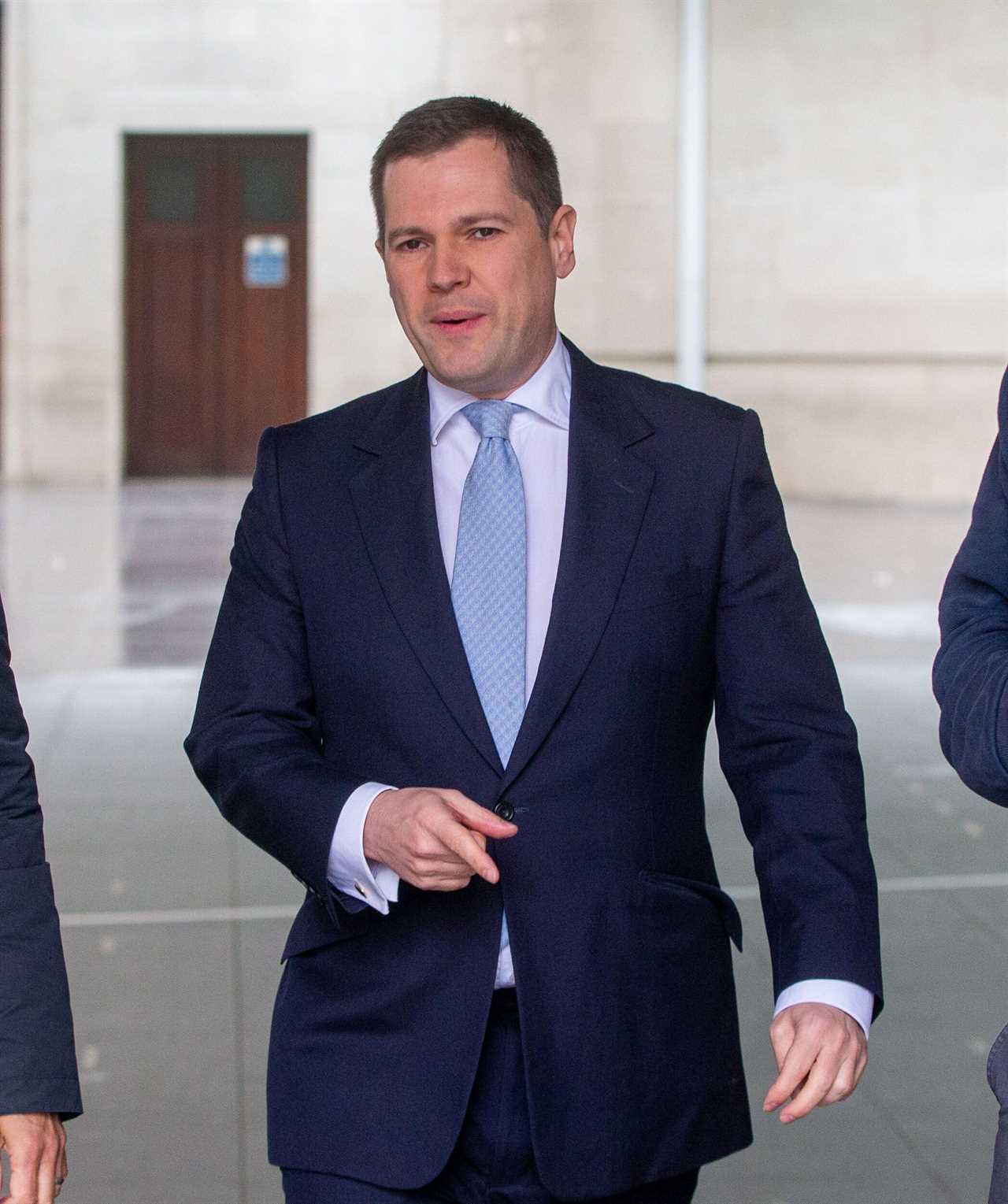
Immigration's Impact on the Economy
Mass immigration has undeniably made Britain’s economy bigger, but a recent report from the Resolution Foundation think-tank suggests that it has not necessarily made the nation richer. The surge of six million people in the population between 2010 and 2023 has been linked to mediocre economic performance during this period.
Population Growth and Productivity
With a 0.7 per cent annual population rise - the fastest in a century - three quarters of which are linked to immigration, the UK's economic landscape has seen significant changes. Greg Thwaites, a spokesman for the Resolution Foundation, highlights that while the booming population has increased the size of the economy, it has not translated into a noticeable boost in GDP per capita. The report also raises concerns about the UK's productivity levels, which are crucial for determining living standards.
Political Response and Immigration Policies
Net migration hit a staggering 685,000 last year, the second highest in modern British history. Immigration has become a key battleground in the political arena, with Prime Minister Rishi Sunak pledging to implement an annual cap to reduce numbers. Similarly, Labour leader Keir Starmer is set to unveil plans to curb immigration in the party's upcoming manifesto. However, specific details on acceptable immigration levels or timelines have not been disclosed.
Warnings and Criticisms
Former immigration minister Robert Jenrick has cautioned that immigration is not necessarily contributing to the nation's wealth. He has also criticized what he sees as negative consequences of post-Brexit immigration policies, labeling them as "disastrous liberalizations."

Did you miss our previous article...
https://trendinginthenews.com/uk-politics/labours-plan-to-tackle-prison-overcrowding






